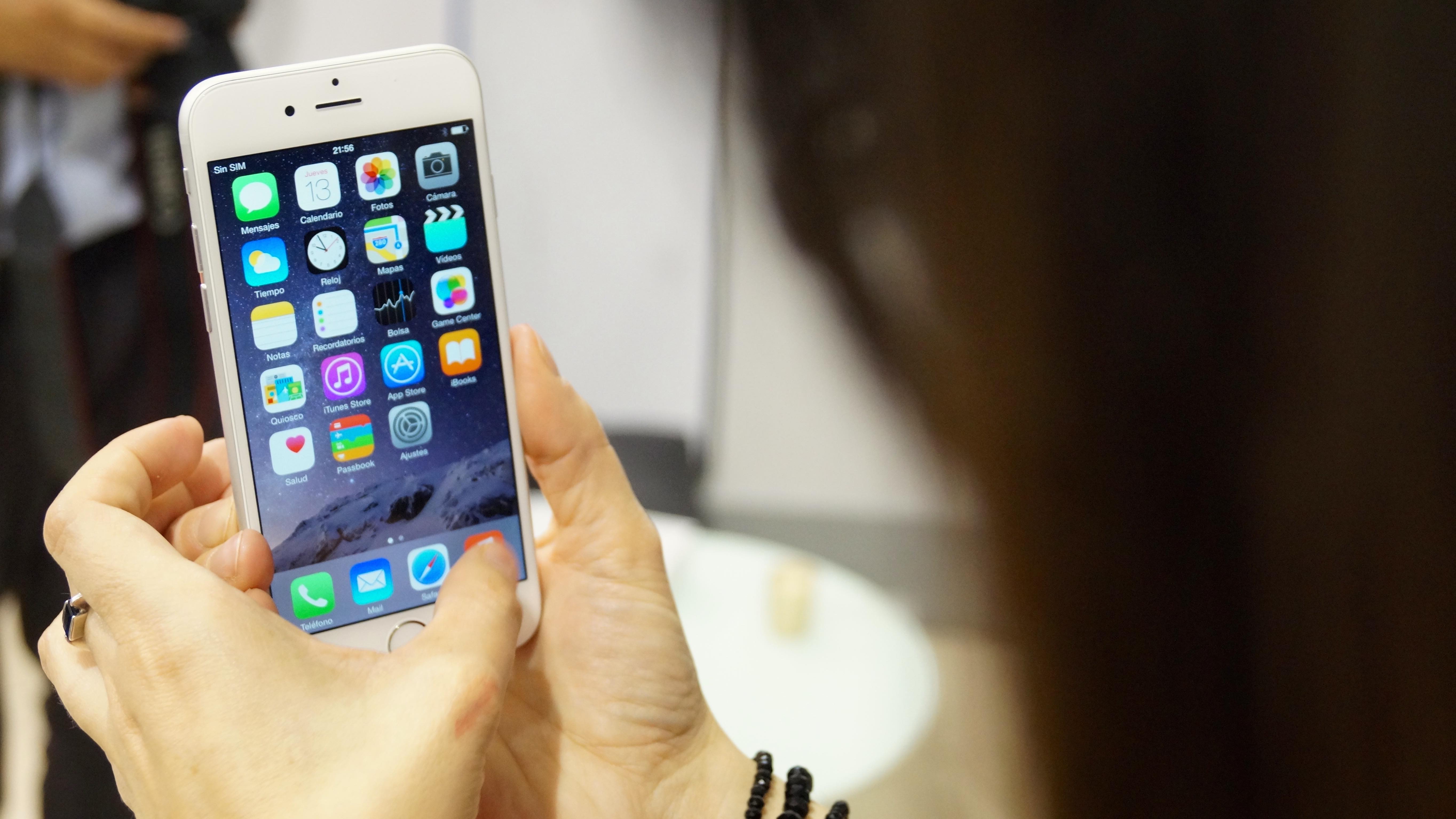WASHINGTON – “Do not call” doesn’t work so well anymore. Telemarketers and scammers are finding ways around the Telephone Consumer Protection Act (TCPA), which sought to protect consumers from unwanted robocalls. At the same time, the act is blocking beneficial robocalls, such as those from health care providers.
“TCPA is showing its age,” said Sen. John Thune, a South Dakota Republican and chairman of the Commerce, Science and Transportation Committee, at a recent hearing called to consider updating the 1991 act.
The TCPA did, indeed, sharply reduce some types of abusive and disruptive telemarketing practices. Companies are now required to abide by “do-not-call” lists and to make solicitation calls only between the hours of 8:00 a.m. and 9:00 p.m.
The new problems center around cell phones. Under the law, automated calls or texts to a cell phone generally require the consumer’s consent. A violation can bring statutory damages of $500 per call, but only if a consumer files a lawsuit. Damages can be tripled if the activity was intentional.
But only one lawsuit is filed for every 1,000 complaints lodged with the Federal Trade Commission, and those are costly and hard to prove, said Margot Saunders of the National Consumer Law Center. “If robocalls were a disease, they would be an epidemic,” Saunders added in her remarks for the hearing. “The current structure of the TCPA does provide some protection, but it does not provide enough.”
Despite the penalties, telemarketers still make millions from the calls, apparently willing to pay any fines as a cost of doing business. “The problem is the robocalls only cost a tiny fraction of a penny for a call, making it cheaper for business to make the calls, than to be careful about who they are calling,” said Saunders.
New technologies are making telemarketing much easier, cheaper, and efficient. Also, a majority of the calls originate overseas, making them harder to pursue, according to the witnesses and lawmakers at the hearing.
What makes a ‘good’ robocall
The changes in the works, however, do not crack down on telemarketers. Rather, they try to let in ‘good’ robocalls that the TCPA currently forbids.
Richard Lovich, national legal counsel for the American Association of Healthcare Administrative Management, said the TCPA was blocking pre-recorded alerts about public safety issues and school closures, outstanding debts, healthcare appointment reminders, and credit card fraud alerts. “It prevents them from receiving these communications on the device they prefer, their mobile phones,” said Lovich.
Since 2011, Lovich testified, hospitals and outpatient clinics have been required to perform post-discharge follow-up with patients to reduce readmission rates and save money. Automated calls are the cheapest and most efficient way to do that.
But they can’t call cell phones, Lovich pointed out. “Under the TCPA, these calls place the hospital at high risk of violating the statute,” according to Lovich.
Last July, the Federal Communications Commission expanded the health care exemptions to cover cell phones, permitting health care providers to place prerecorded voice and text messages to cell phones, without the consumers’ prior express consent. The idea was to allow for relay of important “health care messages” as defined and covered by the Health Insurance Portability and Accountability Act.
Lovich praised the reform but said “it just touches the surface and does not get to the root of the problem.”
One legitimate robocall proved less popular. A provision in the Obama administration’s Bipartisan Budget Act of 2015 allows government debt collectors to use auto-dialers to help pressure borrowers to pay their student loans, mortgages, and taxes. Saunders and other witnesses voiced concern that such calls would overwhelm folks at a time when they are more vulnerable than ever to telemarketing. Indiana Attorney General Greg Zoeller said the exception would unfairly stress out college students and recent graduates already overburdened with debt. “Blasting them with robocalls, running up their cell phone bills and putting them at risk for fraud only adds insult to injury,” he said.
Missouri Sen. Claire McCaskill agreed. The Democrat said her own family, as well as regular citizens she talks to every day, are continually pestered by robocallers. The TCPA is the best tool to protect the consumers, she said.
“This is not that complicated. All you have to ask is the permission of the person you are calling,” said McCaskill.


